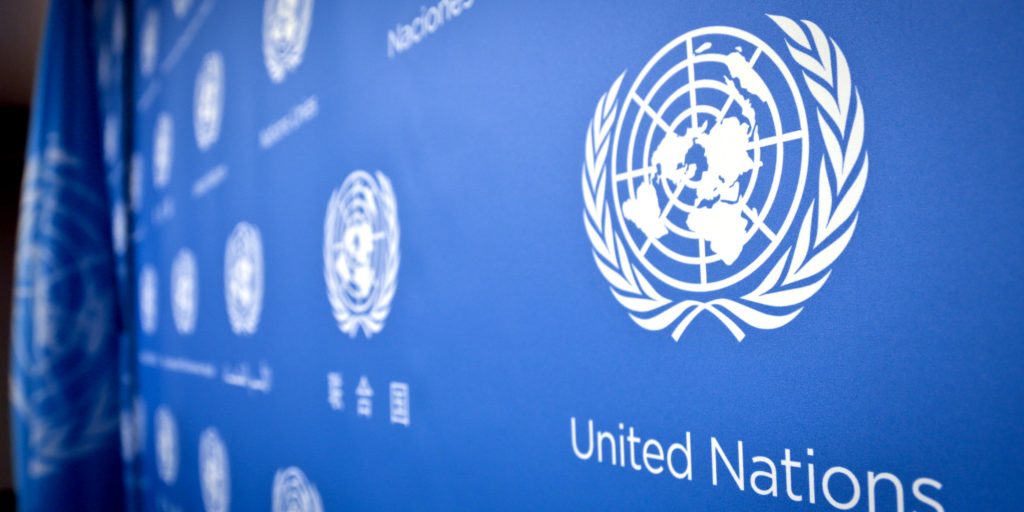
THE public has been advised to develop comprehensive interventions for prevention and responses to sexual harassment and other gender-based violence in public places.
The advice was given here yesterday by UN Women’s Program Specialist on Ending Violence against Women and Girls, Ms Lucy Tesha during the opening of a training of trainers on mental health and psychosocial support and its gender violence dimensions.
She said it is high time for the public and communities to come up with activities that intend to achieve comprehensive interventions for prevention and response to sexual harassment in public places. Ms Tesha said enhanced coordination with other stakeholders, gender-based violence and sexual harassment will be dealt with accordingly through the intervention set up by the respective communities as per their convincing attributes.
She said they have organised the five-day training which among others is aimed at building the capacity of trainers on their roles and responsibilities in handling gender-based violence prevention and response.
Participants of the capacity building training included representatives from the mental health and psycho-social department of the Ministry of Health, Community Development, Gender, Elderly and Children, Institute of Social Work.
Others who attended the training are representatives from Segerea remand prison, Tanzania Social Workers Association (TASWO), social welfare officers, community development officers and health care providers among others.
On his part, Head of Mental Health and Substance use from the Ministry of Health Community Development, Gender, Elderly and Children, Dr Shadrack Makubi was optimistic that by the end of the training participants will earmark the most vulnerable groups and come up with a strategy to support them.
“We expect them to identify most vulnerable groups, explain associated risk, provide mental health, psychosocial care and support services as well managing gender-based violence in their areas of command,” said Dr Makubi He said the trainers will be able to do so by maintaining family structure and responsibilities in their communities, supporting survivors to normal routines like ensuring children are sent back to school after a certain trauma.
He said mental illnesses have of late been noticed saying the victims if left unattended by friends and family members they are likely to bring more damage to the societies and communities.

